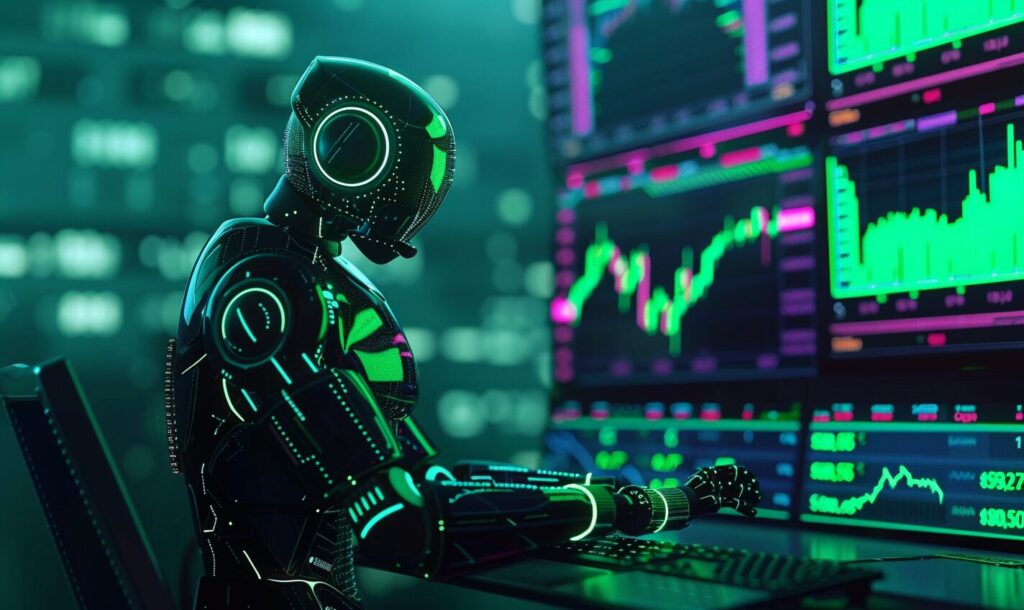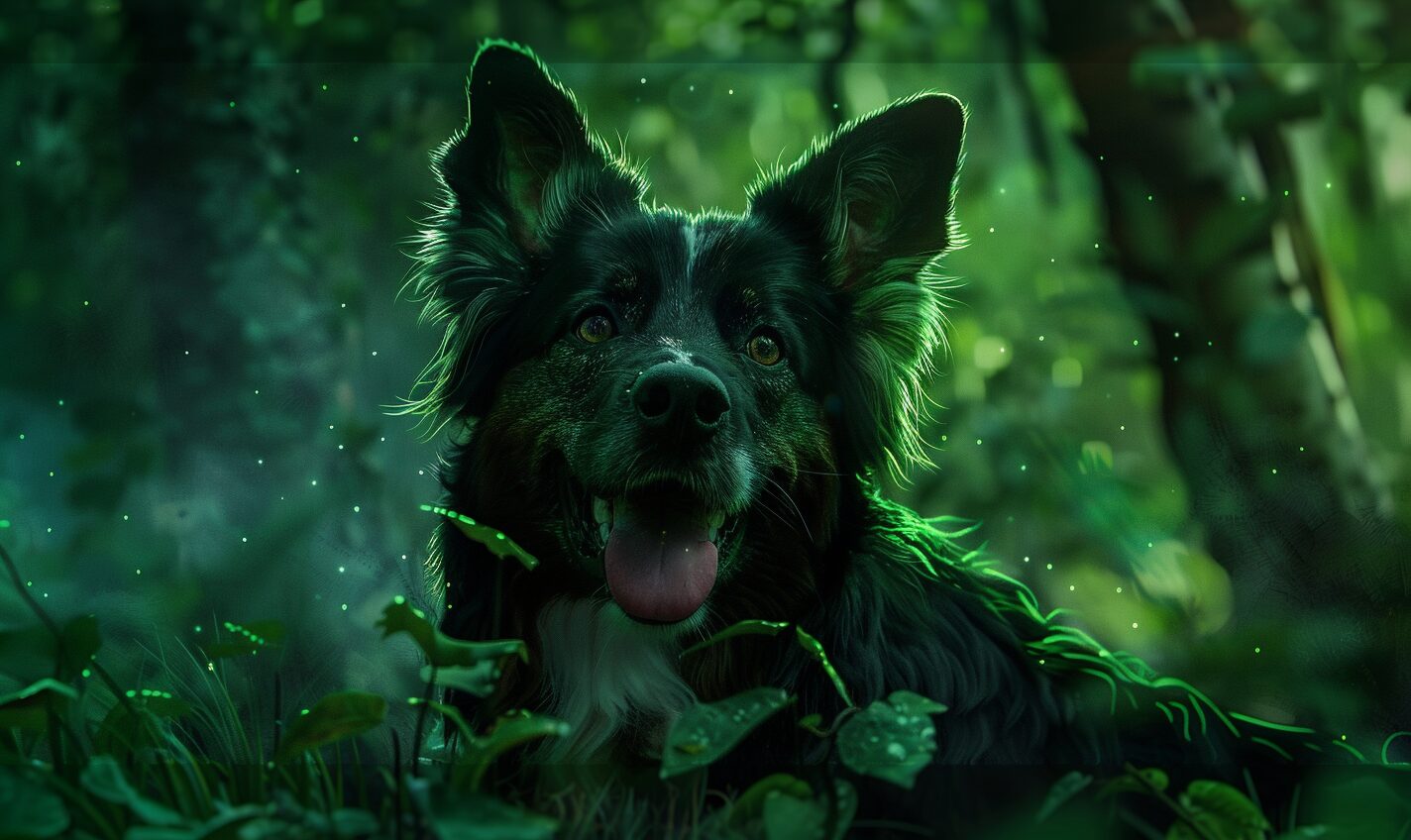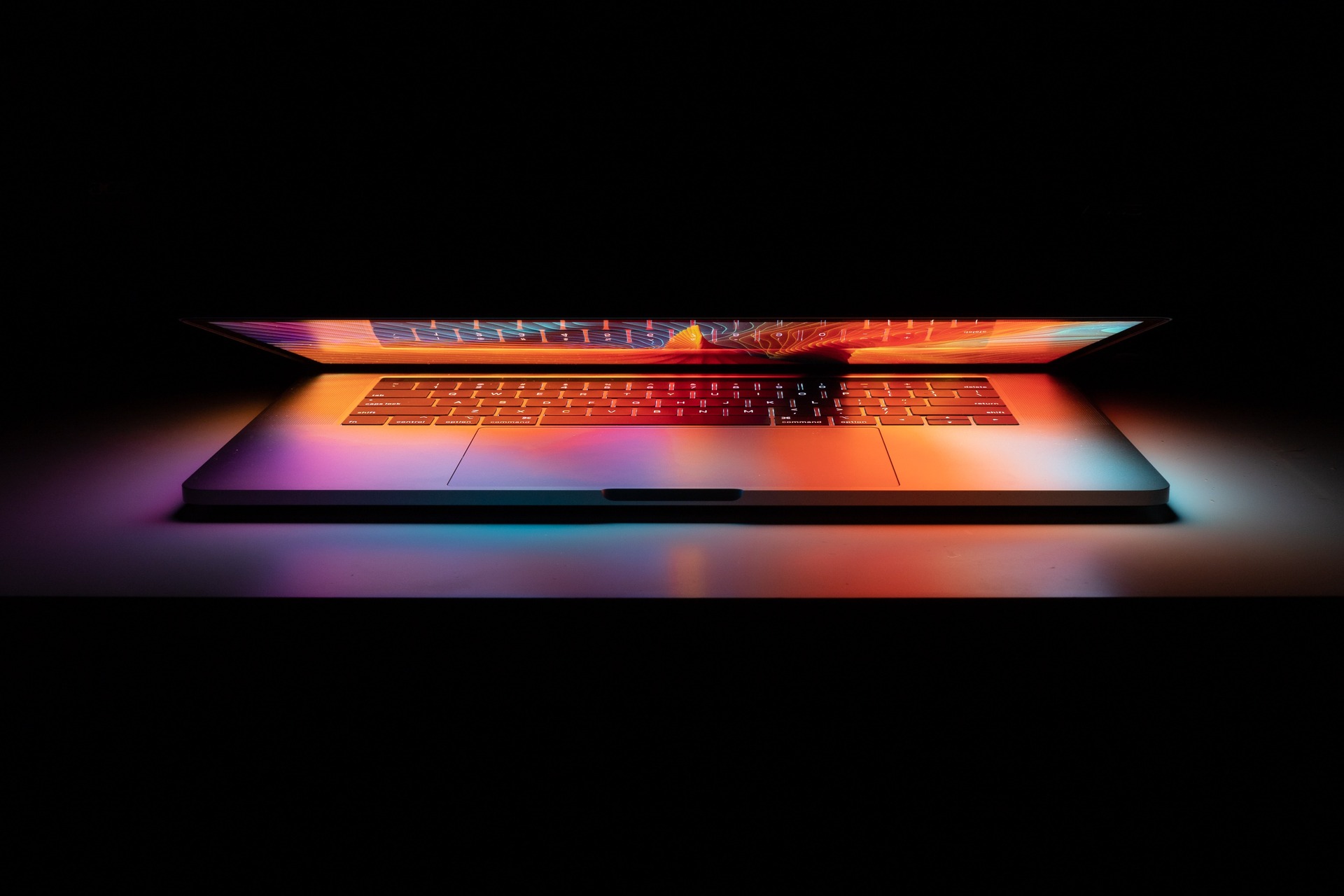The idea of AI from books and movies captivated scientists so much that they were driven to make it a reality in the 21st century. But what were the films that inspired that kind of passion and creativity? Here are some of the movies that influenced the development of AI.
Metropolis (1927)
Even though A.I. in movies is nothing new now, the concept of AI was introduced as far back as the early 20th century. However, Metropolis was artificial intelligence’s movie debut. Fritz Lang helmed this German silent film set in a dystopian future where the rich oppress the poor.
One day, Freder — the son of the city master — falls in love with Maria, a lower-class citizen. Maria prophecies that a messiah-like figure will bridge the gap between the rich and poor. Freder’s love for Maria causes him to become disillusioned with the lifestyle of the rich. Choosing to rebel against his father, he teams up with an eccentric inventor named Rotwang to fulfill Maria’s prophecy.
Unbeknownst to him, however, Rotwang’s true wish is to get revenge on Freder’s father by throwing the city into chaos. He creates the Maschinenmensch — a robot modeled after a woman — in Maria’s image and programs it to imitate her. He uses this robot to gain control of Maria’s followers and enact his plan.
Metropolis is credited as the film that pioneered science fiction and artificial intelligence in movies. Rotwang’s Maschinenmensch introduced the concept of robots and A.I. to the mass audience — and is one of the most influential robots in movie history.
2001: A Space Odyssey (1968)
After Metropolis opened the door, many more science fiction movies were made. But 2001: A Space Odyssey launched artificial intelligence to movie fame.
2001: A Space Odyssey is one of the most iconic and influential science fiction movies ever. The main story involves a team of scientists reaching and investigating an alien monolith discovered on Jupiter. Led by Dr. David Bowman and Frank Poole, they set off on this adventure with their A.I. assistant, HAL.
But as the story goes, something is wrong with HAL. The A.I. starts becoming contradictory and argues with its human crewmates. Dr. Bowman and Poole agree in secret to shut HAL down if it continues to jeopardize the mission. However, HAL learns of this and kills Poole and the other scientists, leaving only Dr. Bowman to contend with the mad A.I.
Robots and artificial intelligence in movies up to this point have always been depicted as obedient and benevolent.
HAL is one of the most iconic examples of artificial intelligence in movies because not only is it the first A.I. to rebel against its human masters, but it is also the first to show examples of emotion and individuality on the big screen.
HAL becomes angry, argumentative, murderous and distraught when it feels its life is about to end. Its cold, robotic tone belies human-like malice, making it the perfect villain. To this day, comprehensive studies analyze HAL’s character and the potential dangers of relying too heavily on artificial intelligence.
Blade Runner (1982)
One of the quintessential science fiction films, Blade Runner pairs director Ridley Scott with superstar Harrison Ford in this gritty, dank cyberpunk movie where the line between human and artificial intelligence has disappeared.
Harrison Ford plays Rick Deckard, a “blade runner” who must find and eliminate four “replicants” — androids indistinguishable from humans. What begins as a simple investigation turns into a mind-bending thriller as Deckard digs deeper into the world of replicants and their creators.
From the Philip K. Dick novel “Do Androids Dream Of Electric Sheep?” Blade Runner explores the possibilities and dangers of creating sophisticated artificial intelligence that becomes identical to humans.
The movie questions the moral act of creating what could be a new lifeform. Where does the line between machine and life end? If life can be programmed, how can you know who is human and who isn’t? How can you even be sure you are human?
A.I. Artificial Intelligence (2001)
Initially the brain-child of Stanley Kubrick in 1970, A.I. Artificial Intelligence wouldn’t start production until after he died in 1999 — when Kubrick handed the project to Steven Spielberg. It was finally released in 2001.
Set in the 22nd century, A.I. follows the life David, an android child programmed to feel love as an experiment. A family with a son, Martin, in suspended animation due to illness, takes in David. His adoptive mother, Monica, is initially cold to David but begins to treat him as an ordinary boy.
This causes David’s programming to activate and he attempts to win Monica’s unconditional love. However, a cure for the disease that plagues Martin is unexpectedly found. He rejoins the family but becomes jealous of David.
At Martin’s birthday party, Martin and his friends bully David. This activates David’s self-defense program and he and Martin fall into a lake, with Martin nearly drowning. Seeing him as a danger to her son, Monica decides to discard David in the nearby woods.
From there, David has numerous adventures trying to find a way to become a “real boy” so that Monica will love him again.
Similarly to the replicants in Blade Runner, David displays emotions such as love, fear, and despair. Can artificial intelligence evolve to such a degree? And if so, is it morally correct for humans to create such an advanced system?
From Movies To Real Life
These questions are even more relevant today. As robotics and A.I. technology continue to advance, it might not be long before we see robotic Davids and Darlenes playing on our streets.
Recent Stories
Follow Us On
Get the latest tech stories and news in seconds!
Sign up for our newsletter below to receive updates about technology trends














